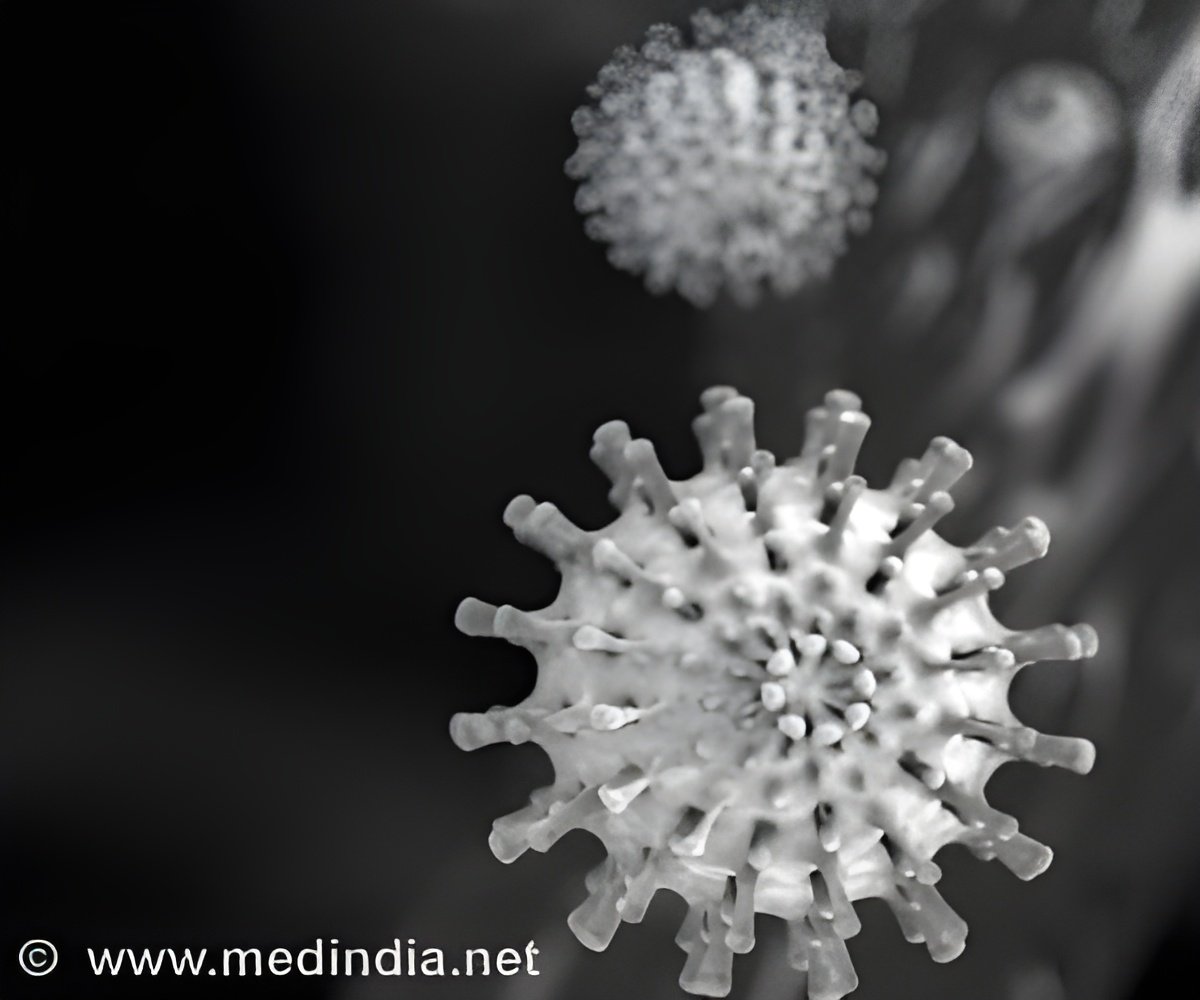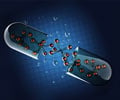Researchers have developed a faster, cheaper way to coat liquid medication, an invention that could improve how drugs are delivered in the body.

‘New encapsulation technology for coating liquid drops is a very simple technique that requires almost no energy and it is extremely rapid that it takes place in milliseconds.’
Read More..




"It is a very simple technique that requires almost no energy - and it is extremely rapid," said Sushanta Mitra, executive director of the Waterloo Institute for Nanotechnology. "Encapsulation takes place in milliseconds." Read More..
When the liquid core is required - after reaching a particular area of the body for targeted drug delivery, for instance - the shell is designed to dissolve and release its contents.
Mitra said the system's simplicity enables much more economical production of capsules than current methods, which include machines that wrap drops with thin gel sheets and complex microfluidic processes.
"We envision a very simple, rapid, mass-production system using syringes," said Mitra, a professor of mechanical and mechatronics engineering who is cross-appointed in chemical engineering and physics and astronomy. "With a one-shot approach, you could produce thousands of these encapsulations."
Other advantages of the technology include the ability to coat drops with multiple layers, greater flexibility in terms of drop volume and shell materials, and the production of stronger, more stable capsules.
Advertisement
Mitra supervised the research involving engineering graduate students Sirshendu Misra and Kumari Trinavee, and postdoctoral fellow Naga Siva Kumar Gunda.
Advertisement








